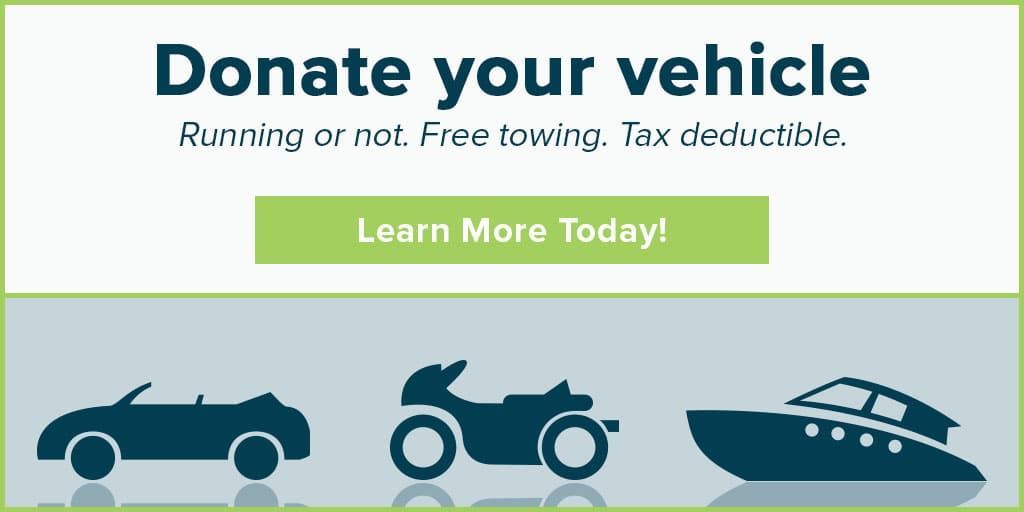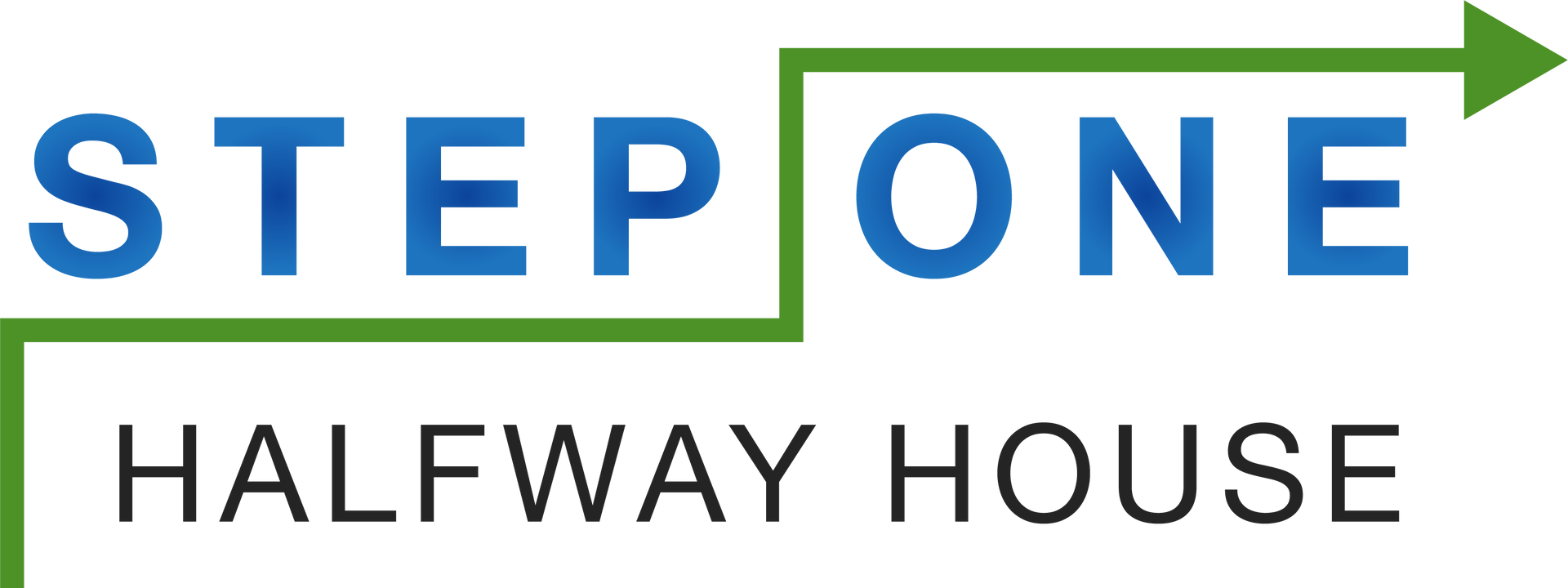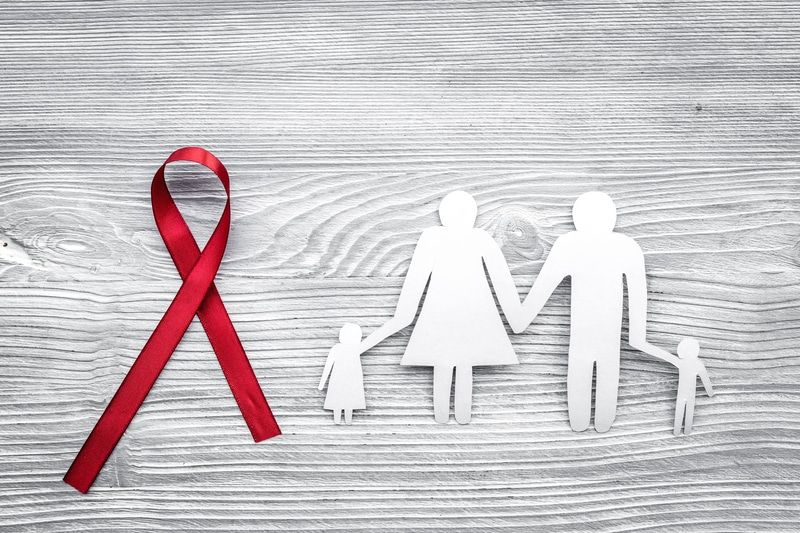By Marjorie McMillian
•
July 26, 2024
Guiding Steps to Recovery: How to Choose the Best Rehab Center for Your Loved One Selecting a rehabilitation center for a loved one grappling with addiction is a decision laden with hope and responsibility. It’s a journey that intertwines compassion with practicality, demanding a balance between emotional support and informed decision-making. This guide from Step One Halfway House offers a beacon of clarity to help you navigate this crucial choice with confidence and insight. Assess Individual Needs Begin by understanding your loved one's unique situation. The nature of their addiction and any underlying mental health conditions are critical in choosing a rehab center. This evaluation is about the substance or behavior they are struggling with and their overall psychological and physical well-being. A center that offers personalized treatment plans can address these multifaceted needs effectively. Arranging a consultation with a licensed counselor could also help your loved one navigate the road ahead. Age-Related Misunderstandings Certain physical conditions associated with aging, such as tremors or balance issues, might be mistaken for substance abuse symptoms due to their similarity to intoxication effects. Additionally, cognitive decline and memory loss, common in older adults, could be misinterpreted as signs of substance-induced impairment. Moreover, changes in appetite, weight loss, or fluctuations in blood pressure could also be misconstrued as consequences of substance misuse rather than age-related issues. Be sure to discuss your concerns with your family physician before taking action. Sometimes medication can be adjusted or other types of interventions are in order. Monitoring Behavior Installing a Wyze smart camera can enhance the way you stay in touch with your senior parents, offering not just a means of communication but also a way to monitor for any unusual behavior that could indicate health or safety issues. With online resources available, troubleshooting any technical difficulties becomes less of a hassle, ensuring that the camera remains a reliable tool for keeping an eye on your loved ones' well-being and maintaining a strong connection with them. Explore Rehabilitation Options Rehabilitation facilities come in various forms, each offering different levels of care. Inpatient centers provide a structured environment with constant support, which is ideal for those with severe addiction or co-occurring disorders. Outpatient centers, on the other hand, allow individuals to maintain their daily responsibilities while receiving treatment. Consider your loved one's needs, their commitments, and the severity of their addiction when deciding between inpatient and outpatient care. Seek Affordable Treatment Solutions Cost should not be a barrier to addiction recovery. For those facing financial constraints, there are free rehab centers in the US, as well as facilities that operate on a sliding scale or accept Medicaid. These options ensure treatment is accessible to everyone, regardless of their financial situation. Research and outreach to these centers can open doors to affordable yet effective treatment options. Ensure Quality and Credibility The credibility of a rehab center is paramount. Look for facilities that are licensed and accredited by recognized health organizations. This accreditation is a testament to the center's adherence to high standards of care and treatment efficacy. A licensed and accredited center provides peace of mind and ensures that your loved one is in safe, professional hands. These same principles apply to nursing and care facilities for age-related matters. Ensure that you and your loved ones take time to read facility guides and patient reviews of local nursing and care homes before making any long-term care decisions. Scrutinize Staff Expertise The qualifications and experience of the staff are critical in providing effective treatment. A team of skilled professionals, including doctors, therapists, and support staff, should be equipped to handle various aspects of addiction and mental health. Research the center's staff credentials to ensure your loved one will receive care from knowledgeable and compassionate professionals. Consider the Healing Environment The environment of the rehab center can significantly impact the recovery process. Some individuals may thrive in a serene, natural setting, while others might prefer a more urban environment. Consider factors like location, amenities, and overall atmosphere. An environment that aligns with your loved one's preferences can greatly enhance their comfort and willingness to engage in the recovery process. Determine Appropriate Treatment Length The duration of treatment varies depending on the individual's needs and the severity of their addiction. Discuss with the rehab center the recommended length of stay or program duration. A flexible treatment plan that can adapt to your loved one's progress is often more effective than a one-size-fits-all approach. Look for Scholarship Programs Finding scholarship programs while in recovery can significantly aid in your journey to a stable and productive life. Step One Halfway House offers scholarships that equip clients with essential trade skills, preparing them for employment in various industries such as food service, construction, and call centers. This program not only focuses on skill development but also teaches responsibility, reliability, and time management. By providing financial support and vocational training, the scholarship program helps individuals overcome one of the biggest challenges in recovery—securing and maintaining employment. For more details, visit Step One Halfway House Scholarship Program . Choosing the right addiction rehab center for a loved one profoundly influences their recovery journey. By taking into account their individual needs, the type of rehab center, financial options, and the quality of care provided, you can support their recovery path. Remember that this decision is a steppingstone toward a healthier, brighter future for your loved one. Step One Halfway House provides a positive and safe environment for individuals who are looking to recover from addiction. Visit our website to learn more!




















